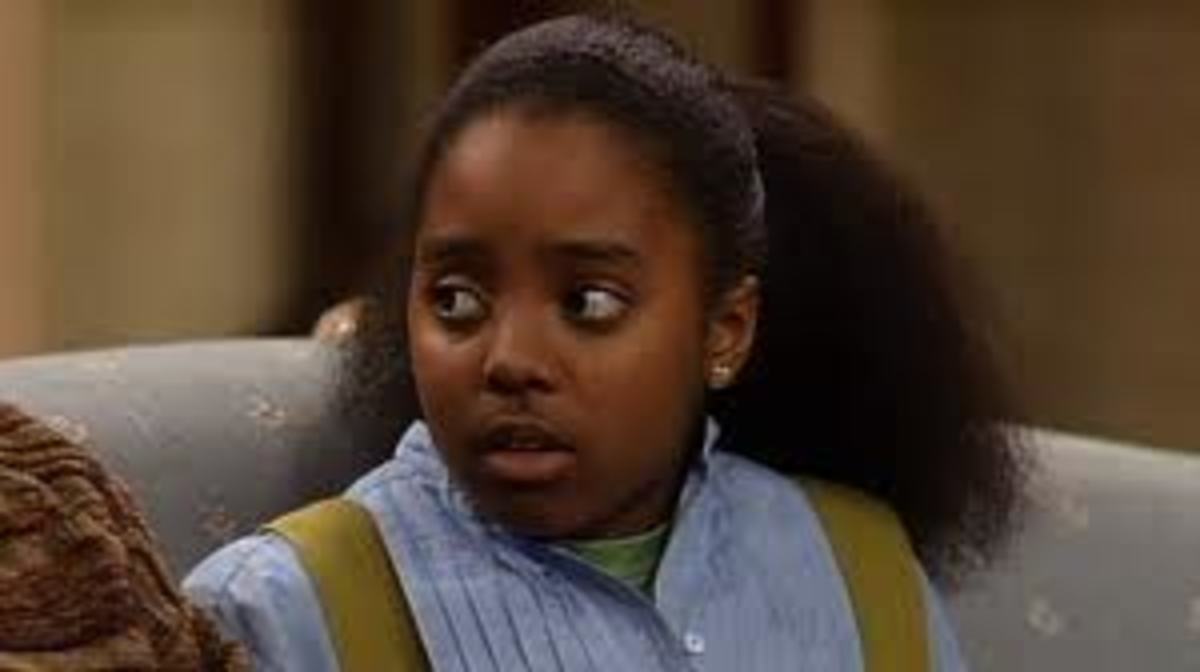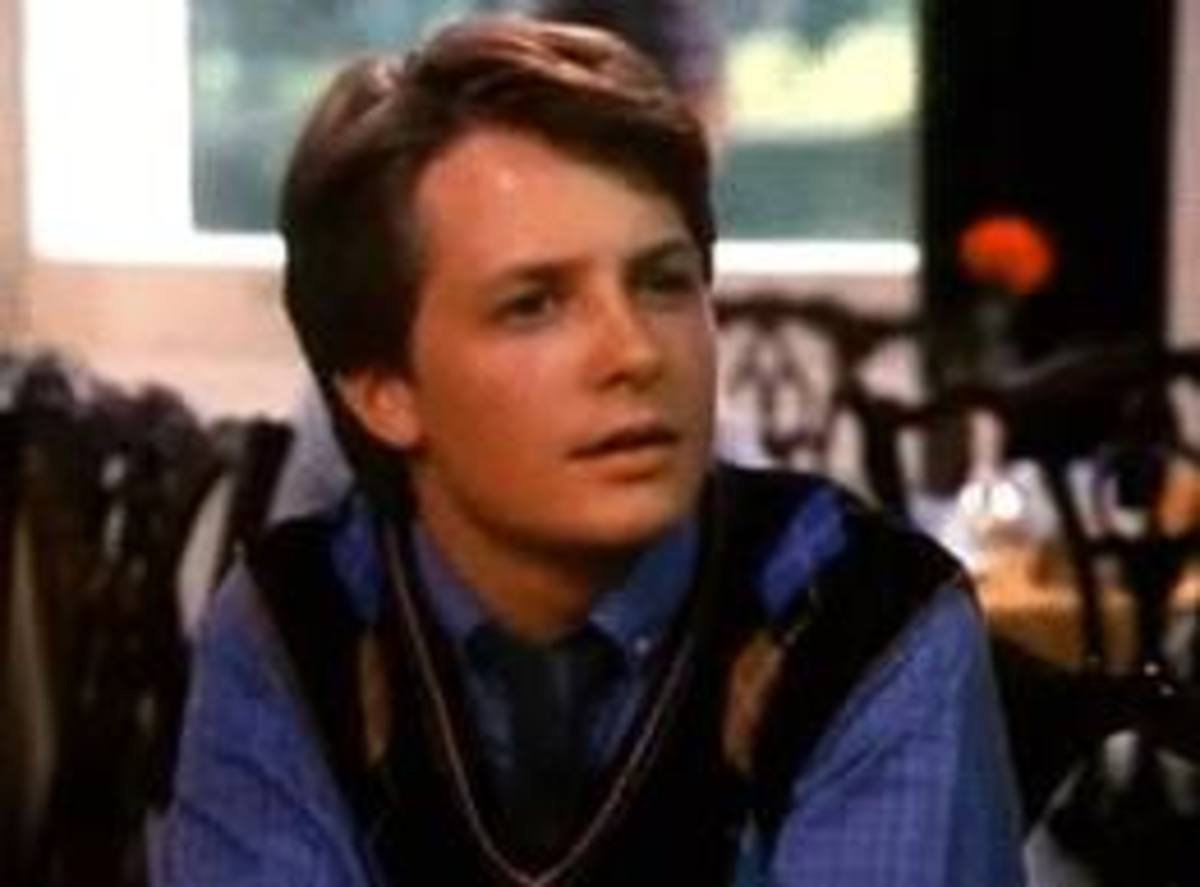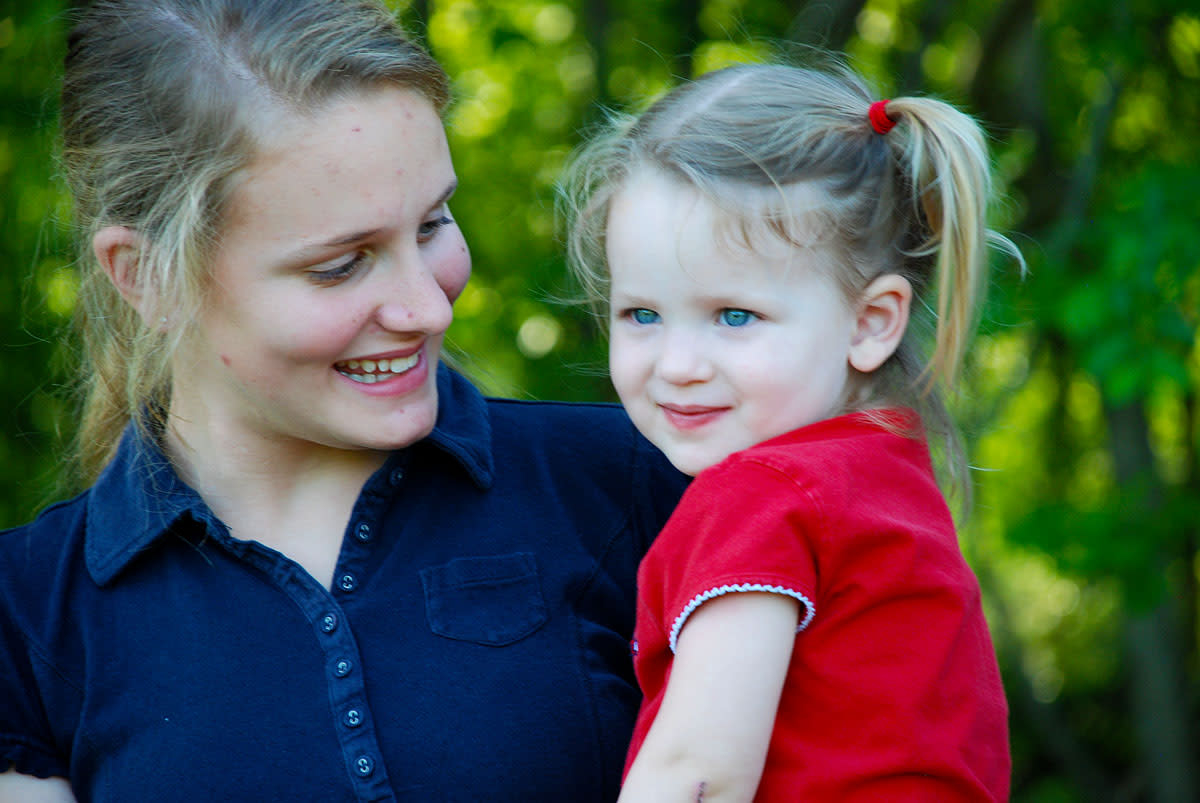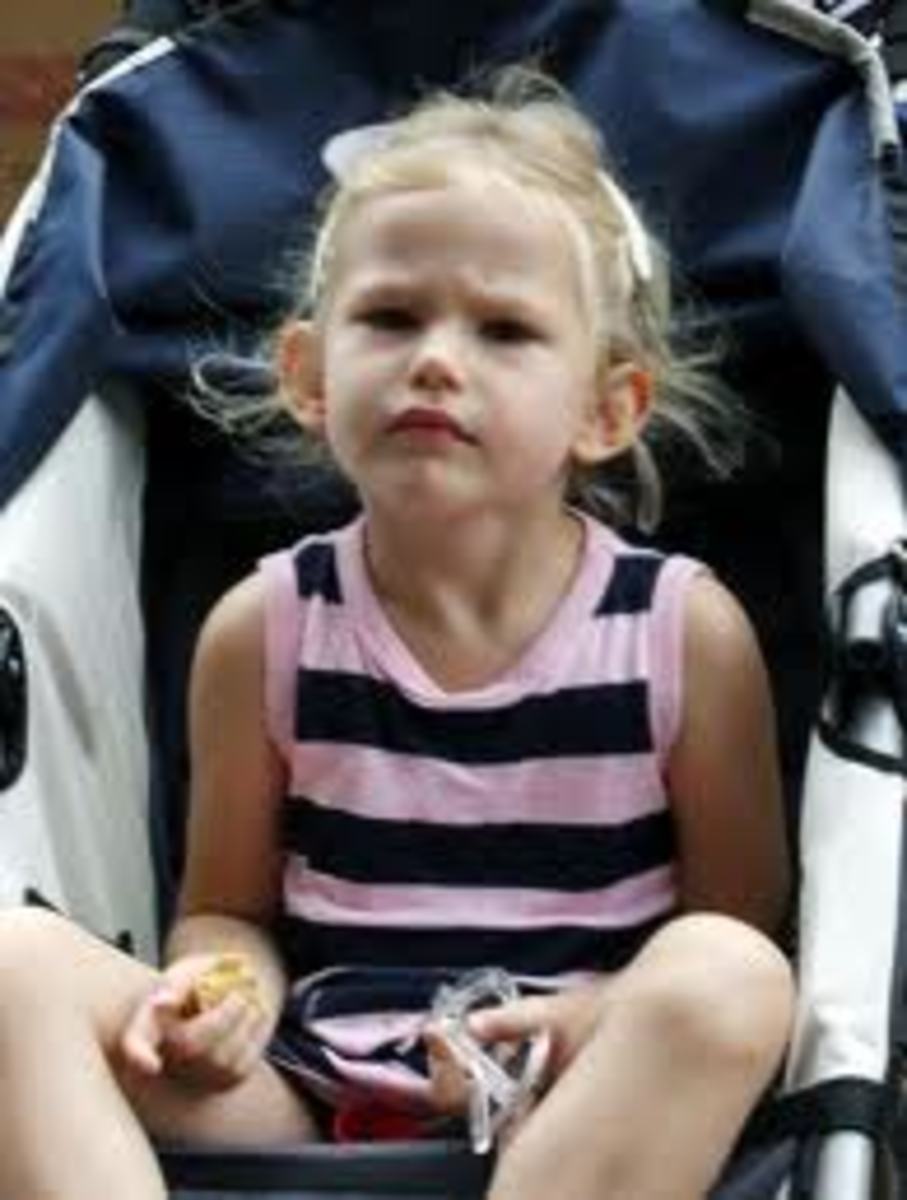Family Melodrama and Histrionics, Part III

The Intricacies of the Family-The Tangled Web Families Weave
As I have detailed previously, children in multichild families are not loved and treated equally by their parents. One of the factors regarding the differential and/or preferential treatment children receive from their parents is birth order. However, I will discuss in great detail the ultimate regarding children's preferential treatment. Yes, it is a deep, dark secret that the overwhelming majority of parents have favorites among their children even though they did not wish to acknowledge this fact.
Anytime parents have more than one child, the issue of favoritism arises. Yes, there are some children who are their parents' FAVORITES. This is quite human behavior for parents to like one child better than another child and/or other children. The favorite child often have physical and/or psychological characteristics similar to that of the parents. He/she may be gifted in terms of academics, physical attractiveness, and athletics. He/she often has similar political, social, and/or religious opinions similar to the parents.
Favorite children, of course, receive preferential parental treatment in many ways. They are punished less than other children in the family for the same and/or similar offenses. They sometimes receive more privileges than their siblings. Oftentimes, they receive more and better things than their siblings.
There are positives and negatives to being the favorite child in the family. He/she feels that he/she is important. The favorite child can develop a sense of superiority and entitlement, sensing that if he/she receives such wonderful treatment from his/her parents, he/she must be someone quite special. He/she begins to believe that he/she is worthwhile which translates into high achievement and later success.
Conversely, many favorite children can have delusions of grandeur. They believe that they are quite invincible and can do no wrong. Many of them further have the attitude that they can get anyway with anything and not be penalized. Some of them believe that life should be easy which makes them being unable to tolerate setbacks and other forms of difficulties that life may bestow upon them.
Also the issue of sibling rivalry is increased when there is a favorite child in the family. The other siblings often feel slighted by their parents, figuring why is my sibling getting the best while we are getting the leftovers. Having a favorite child in the family also causes jealously among siblings which translates into verbal bullying and abuse, often escalating into physical bullying and abuse.
Parents often expect more of the favorite child thus putting inordinate pressure on him/her to succeed as they are counting on him/her to do so. In other words, many favorite children have greater expectations placed on them because they are the favorite. Many parents expect and demand that their favorite children give up their lives for them. It is the parents' contention that they did so MUCH for their favorite children and it is time for them to reciprocate.
As there is a favorite child in the family, there is the opposite in a family- the unfavored or disfavored child. An unfavored and/or disfavored child may have the same characteristics of the parents albeit negative ones. This child reminds the parents of parts of themselves which they would like to forget.
Oftentimes the unfavored and/or disfavored child exhibit physical and psychological characteristics that are the opposite of their parents and other members of their families. They may exhibit characteristics that are widely and/or diametrically opposite to the rest of the family. For example, this child may be exceedingly beautiful/handsome, have stellar academic ability, and/or any other prodigious talent.
Unfavored or disfavored children are treated more harshly and/or more differential than the other children in the family. They are sometimes considered "the odd ones", "the prodigal ones", and "the black sheeps" in their families. Parents often wish that this child would conform to the family groupthink consensus.
Many parents have issues with their unfavored or disfavored child because they wish that their child be "normal" and "acceptable" like their other siblings. For example, a father would wish that his more sensitive and empathetic son would be like his more athletic and rambunctious brothers. Another example is a mother who wishes that her introverted daughter would be more like her extroverted, social butterfly sister. The unfavored or disfavored child will never be accepted for the unique characteristics that he/she has.. He/she is always viewed as the outsider in the family.
Unfavored or disfavored children in families are often receive more and harsher punishments. They are often used as a scapegoat when something goes wrong. They usually receive less parental affection than anyone else in the family. In essence, they are "abused" although not physically but often emotionally and verbally.
Many unfavored or disfavored children are often overlooked in their families. They are just there but are considered to be an unimportant part of their families. They are treated as if they are anonymous by their families. They are either underappreciated or unappreciated by their families. No matter what the unfavored or disfavored child does, it is never enough and they do not receive any type of credit for the positive things they have done. Even if they do great, it is often not expected. For example, the late Princess Grace a/k/a Grace Kelly, the unfavored child in the Kelly clan, won an Academy Award and her father bemoaned derisively that he NEVER expected for her to win anything at all!
Unfavored or disfavored children are often expected to do bad and/or fail. The underlying message they receive from their parents and other family members is that they are "less than zero". They are considered to be the prodigals in their families so do not expect anything great out of them. They receive underlying and subconscious familial messages that they " have nothing to offer" and are "hopeless" so they should never expect to achieve anything worthwhile.
Many unfavored or disfavored children feel as if they are unworthy people. They often have low self-esteem because they are not valued by their parents. They furthermore become low achievers and underachievers because they believe if they are not worthy, why bother. Conversely, many unfavored or disfavored children elect to go their own independent way, going in different areas that their families did not.
These unfavored or disfavored children often become quite vocal and assertive in their own being. They become their own champions so to speak. They realize that if no in their families are supportive of them, they will be supportive of themselves. Many unfavored or disfavored children often become the most successful and confident because they have only themselves to rely upon.
Many unfavored or disfavored children cut off all ties with their families. They find families and support systems outside of their family circle with associates and friends. They live and embody the true meaning of family is one of love, not necessarily blood.
There are parents who are clearly unsupportive of their children. That is, these parents are never in their children's corner. They believe that the opinions of strangers and so-called authoritative figures have more validity than their children's opinions.
These parents contend that so-called authoritative figures actually know about their child and their child's opinions and assessment of themselves does not matter in the least. This is the type of parent who believes a teacher who mistakenly misdiagnosed his/her child as having a lower IQ than the child has because of some answers to a question. This parent believes the teacher's assessment of his/her child, refusing to acknowledge that his/her child is actually highly intelligent. This is the type of parent who believe everyone's word about his/her child is valid over, instead of assessing the child's innate characteristics himself/herself.
These are the parents who steadfastly contend that it is their child's fault whenever there are less than positive circumstances and occurrences in the child's lives. If their child is bullied, it was their child who brought it on, not the bully who decided to instigate the confrontation. I know a mother who constantly berated her daughter for being bullied in elementary school. She contended that it was HER DAUGHTER'S fault for being picked on all the time, not the bullies involved! She actually called her daughter a stupid little crybaby! If the teacher targets their child, it is their child's fault and not the teacher who probably has an animus against their child.
In other words, this child is in a Catch-22 situation. He/she is damned from the start. He is neither supported nor validated by their parents. In other words, everyone is God while the child is an untermenschen or less. This child is definitely not the glorified child. In fact, he/she is often quite devalued. This is the child who moans that no matter what he/she does, his/her parents will NEVER believe and encourage him/her, preferring the validations and opinions of others over his/her opinions and assessments of himself/herself.
This child usually feels quite invalidated and a persona non grata. He/she also has issues of trust, believing that if his/her parents are not in his/her corner, then nobody is! He/she often feels alone in this world.
Many such children develop quite independent personas. They, like the unfavored child in the family, believe that they better be their own advocate and assert their right to be heard. Many children of unsupportive parents oftentimes find supportive members such as other adult relatives, nonrelated friends, and associates. While many of these children develop low self-esteem and become underachievers, others defy their toxic upbringing and create highly independent and successful lives-proving to their parents that they are indeed worthwhile.
Conversely, there are parents who believe that their children can do NO WRONG. In these parents eyes', their children are perfect angels and little gods and goddesses. Anyone who supposedly "attacks" their children will receive their full parental ire. This is the type of parent would blame and fault the teacher if their child receives less than a stellar grade on a test. For example, in elementary school, there was a mother who petitioned the other parents' to have an upper grade level teacher fired because her daughter started to receive three Bs on her report card. Her daughter used to be the smartest one in the class but she was dethroned on the advent of this teacher.
This mother believed that her daughter could do NO WRONG at all. Everything the daughter did was correct in the mother's eyes. There was another incidence in my elementary school days when this same daughter complained to the teacher about failing a 4th grade arithmetic test. The mother angrily confronted the teacher, maintaining that "something was wrong" as her daughter was TOO SMART to fail any type of test. The mother wanted to commence further action against the teacher but to no avail!
These parents often excuse their children's negative behavior, stating that it was not their child and that the other child started the incident. These parents refuse to acknowledge and/or believe that their children are involved in less than positive actions and behaviors. Many times, these children have an exaggerated sense of self-worth, believing that they could do no wrong and/or invincible.
These children further believe that they can get away with wrongdoing as their parents will be always in their corner. They further contend that nothing negative is ever going to happen to them. In many cases, these children often fall and fall hard. Many of them, because they were treated with golden gloves by their parents, are in for quite a shock when other adult authoritative figures refuse to treat them with kid gloves. Some of these children who indulged in more negative behaviors are often punished by law enforcement and the justice systems because their parents overlooked their more negative behaviors.
© 2012 Grace Marguerite Williams








